
Bishop Thomas John Paprocki | Diocese of Springfield
Vincent from Springfield posed an intriguing question: "Why don’t we say 'Amen' at the end of the Our Father at Mass?" The answer seems to be rooted in tradition, as it has always been done this way in the Roman rite. Father Jason Stone of St. Thomas the Apostle in Decatur explains that historical records on liturgical practices are limited and often unclear, making it difficult to ascertain why certain traditions were established.
In the Roman rite, the Our Father is recited either silently with an "Amen" or aloud without one. This practice differs between traditional and new rites, where in the former, a priest typically leads and concludes with "sed libera nos a malo," meaning "but deliver us from evil," followed by a response from the congregation or choir.
The term "Amen" originates from Hebrew and is generally interpreted as "so be it." It serves as an affirmation at various points during Mass, such as after prayers led by the priest or when receiving Communion. In these contexts, saying "Amen" signifies agreement or truth rather than a wish for fulfillment.
In traditional Latin Masses, after concluding the Our Father with "sed libera nos a malo," priests would quietly add an "Amen." This unique usage signifies God's acknowledgment of prayers, according to Gihr's observations that this addition likely occurred post-11th century. Durandus of Mende described it as God's affirmation to both priestly and congregational petitions.
Father Stone acknowledges that his exploration may not fully resolve Vincent's query but encourages participants to connect spiritually with past and future generations through shared prayer practices. He cites Matthew 24:31: “Christ shall send his angels with a trumpet, and a great voice and they shall gather together his elect from the four winds.”
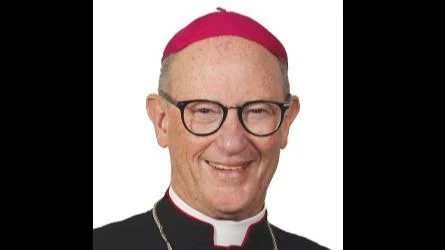

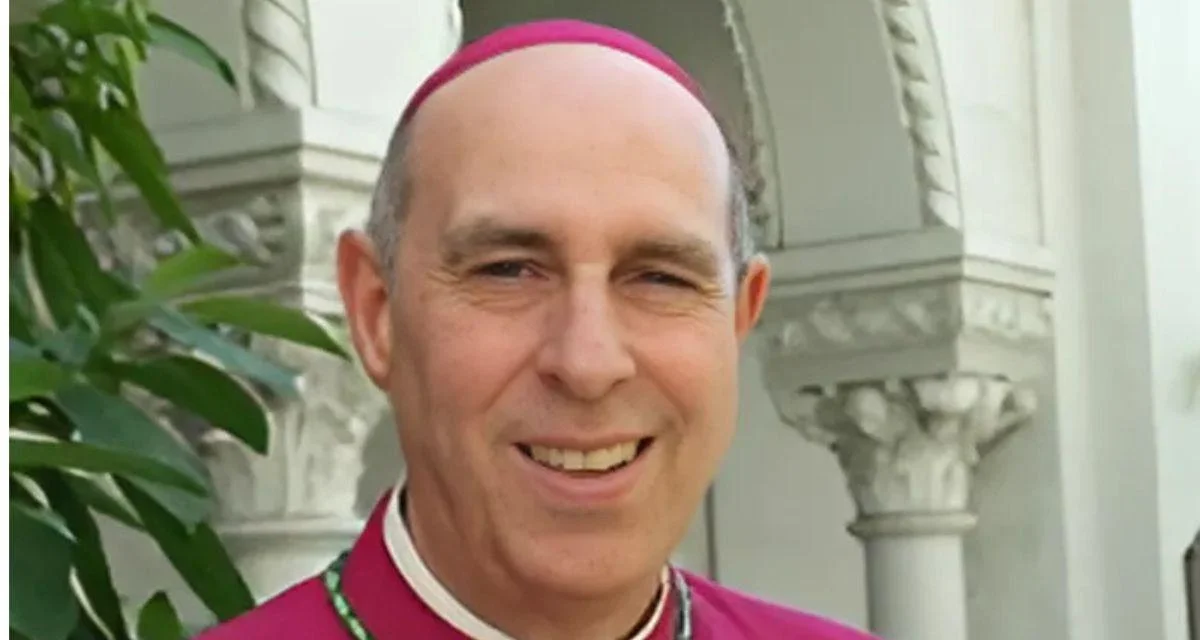
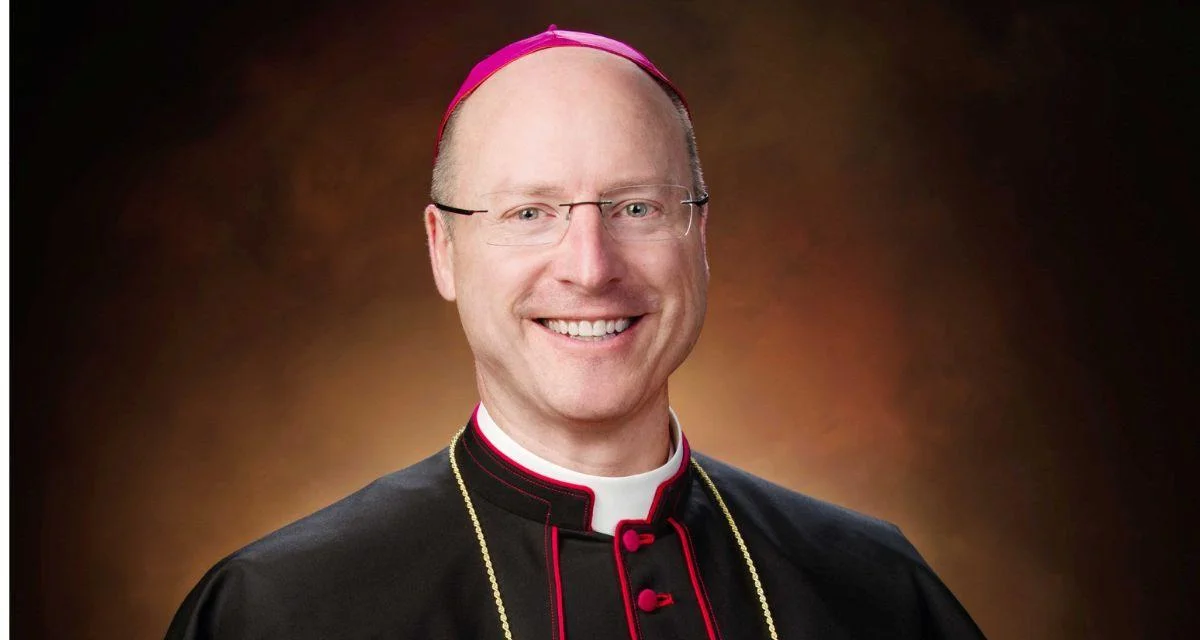
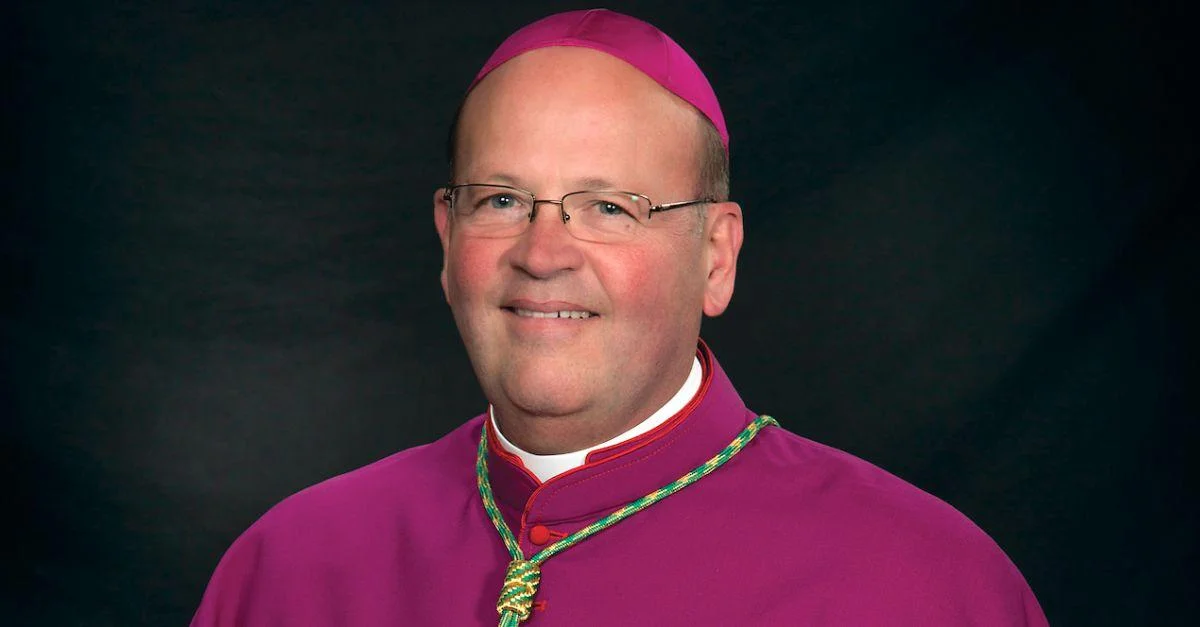
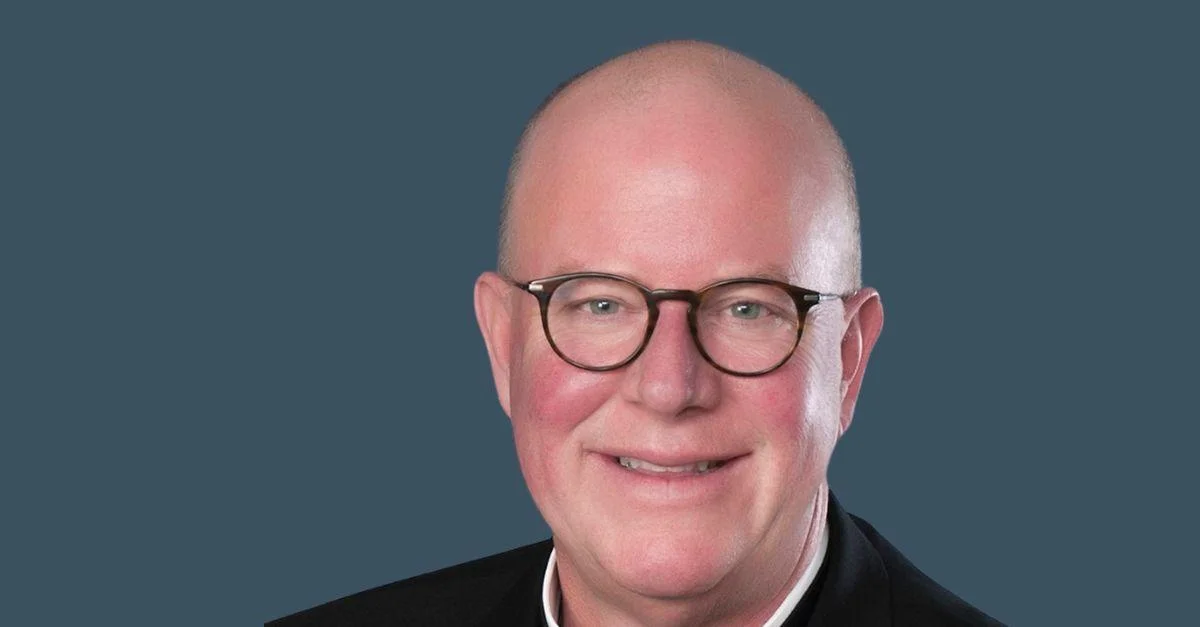
 Alerts Sign-up
Alerts Sign-up